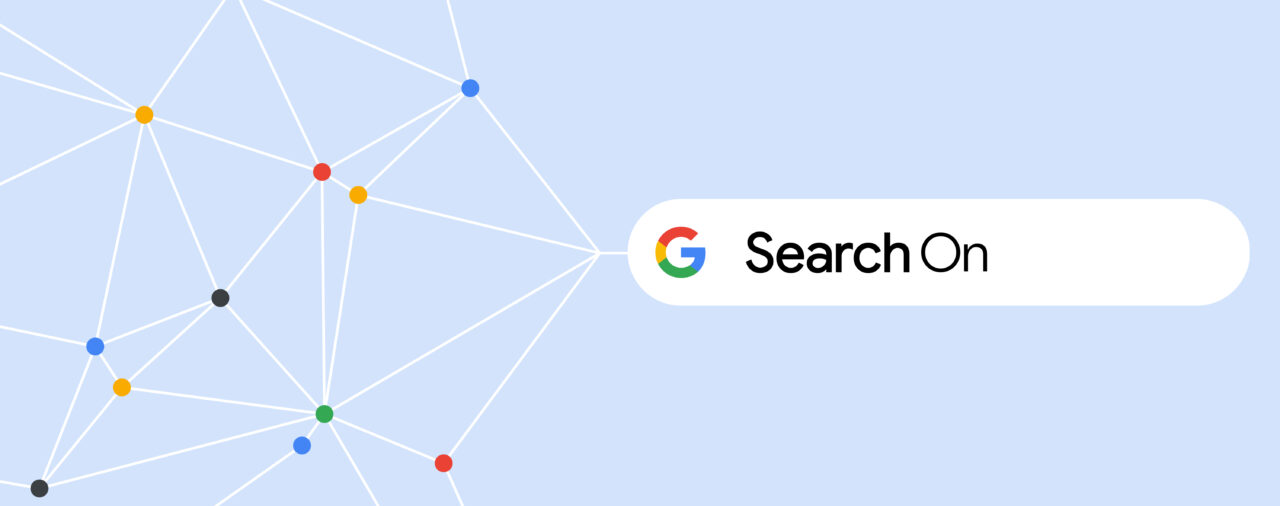During the Google Cloud Future summit, Google unveiled the expansion of Duet AI capabilities across its cloud spectrum, focusing on data analytics, databases, and infrastructure and app management.
Unveiled earlier this year at the Google I/O event, Duet AI began as a tool for developers to assist with coding and real-time chat. Google now broadens its horizons to encompass code transformation and translation, tailored code creation, API oversight, and app management. Google highlighted the crucial nature of code transformation for the modernization of applications, emphasizing that businesses can utilize Duet AI in their preferred development platforms to produce fresh code in their chosen programming language.
Other tech giants are recognizing the benefits of AI in the realm of code translation and modification. Recently, IBM introduced a novel capability within its Code Companion, enabling businesses to transition COBOL code into Java on their Z mainframe systems.
Duet AI finds its way into diverse development arenas like Google’s Cloud dashboard, Cloud Workspaces, and Cloud Script Editor. Additionally, extensions for Cloud Code in third-party IDEs, including Visual Studio Code and JetBrains suite, are also Duet AI compatible.
Although Google remains mum on the full spectrum of languages Duet AI is attuned to, it did cite an example of translating C++ into Go, with the supported IDEs covering a range of languages like .NET, Java, and Python.
With the ability to be made “code-conscious”, Google has begun collaborations with chosen businesses to instill Duet AI with company-specific insights sourced from code libraries, refining its context-sensitive suggestions.
One application might involve prompting Duet AI to formulate code that filters products priced below $10 in a company’s inventory, aligning its output with the company’s unique coding structures.
The tech giant is integrating Duet AI with platforms like the Apigee API Management and Application Fusion suites. This move is intended to assist developers in drafting, formulating, and unveiling APIs using intuitive language-based prompts.
Empowering Infrastructure & Application Management with Duet AI
Google enhances its cloud portfolio by incorporating Duet AI, aiming to streamline app and infrastructure management for enterprises. “Duet AI can pioneer automation in deployments, confirm application settings, swiftly diagnose and debug, and foster the development of secure, fail-safe apps,” stated the firm. The tool is envisioned to be indispensable for developers and engineers to observe performance and detect correlations in application data.
Google’s Cloud Monitoring system will also see an integration of Duet AI. Users can employ straightforward language prompts to draft PromQL queries, analyzing data patterns like CPU utilization.
The next wave of Duet AI capabilities, currently under review, is scheduled for a broader release in the upcoming months.
Duet AI’s Role in BigQuery & Looker
Duet AI will also be a part of Google’s data warehouse platform, BigQuery, furnishing users with contextual support for SQL and Python. This inclusion will aid in code formulation, interpretation, and automation. Another focal point is the enhancement of data comprehension and its patterns for data analysts.
Furthermore, Duet AI finds its place in Looker, a platform offering deep business insights. Google aims to transform Looker into a hub for conversational data scrutiny, intelligent textual summaries, and even automated presentation creation. A revamped Duet AI experience for Looker, promoting a co-operative data examination environment, is on the horizon.
However, the release timeline for these innovative features remains undisclosed.
Duet AI’s Footprint in Databases and Transition Services
Google’s mission to integrate Duet AI extends to database services, starting with the Google Cloud Spanner. Businesses will soon be able to harness Duet AI to compose, adjust, or interrogate data seamlessly. Moreover, Google plans to bring Duet AI to its Database Transition Service (DMS), aiming to modernize database code translations.
In the near future, Duet AI will be a cornerstone in migrating complex systems like Oracle to AlloyDB and Oracle to Cloud SQL-for-PostgreSQL.
AlloyDB AI: A New Chapter in AI-driven Data Management
Google is also rolling out an integrated suite titled AlloyDB AI for its AlloyDB for PostgreSQL service, promoting the development of AI-driven apps utilizing real-time data. AlloyDB AI, currently under scrutiny, builds upon the foundational vector capabilities of standard PostgreSQL. It allows for the generation of embeddings on data, offering both local and remote model support.
Enhancements in AlloyDB AI, such as its ScaNN technology, elevate vector queries, supporting larger vector dimensions, and optimizing storage. The capability suite will also see integrations with LangChain and Vertex AI Extensions.
To cap it off, Google also previously unveiled support for the famed pgvector extension in AlloyDB, further empowering the construction of AI-driven applications.

